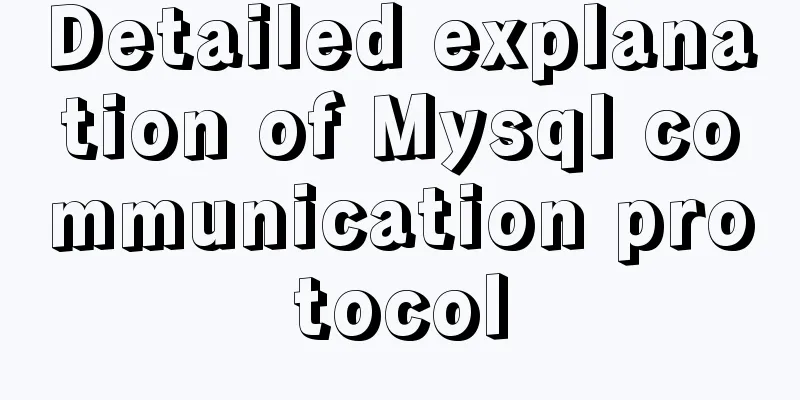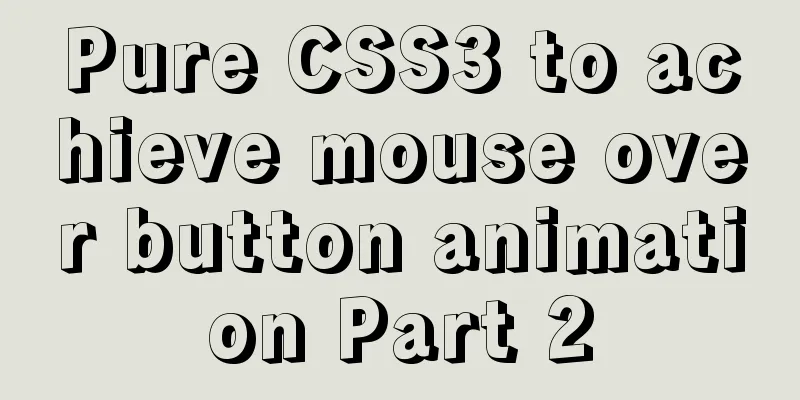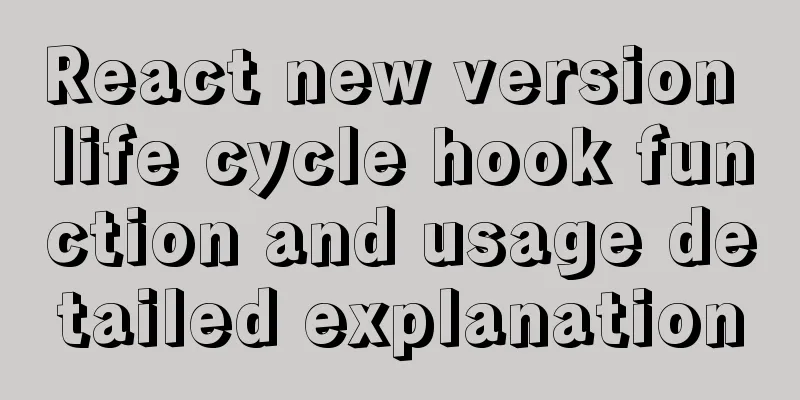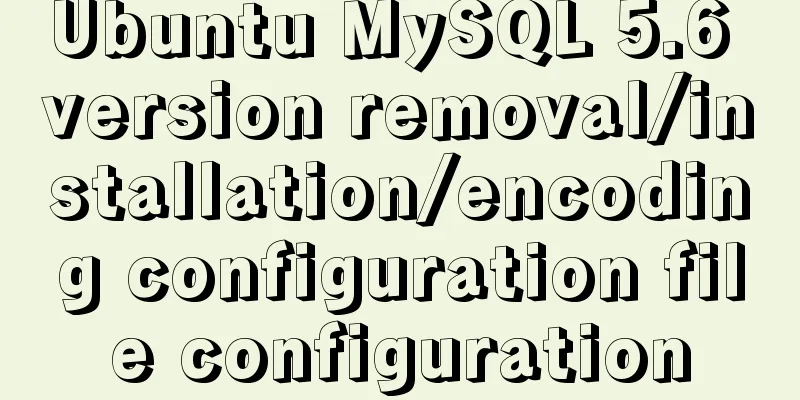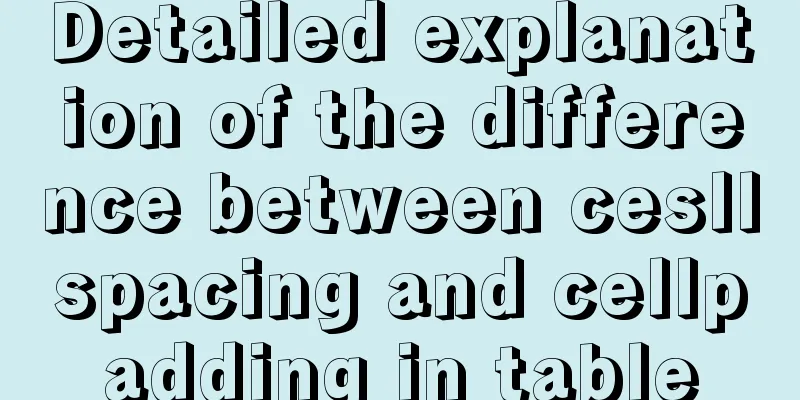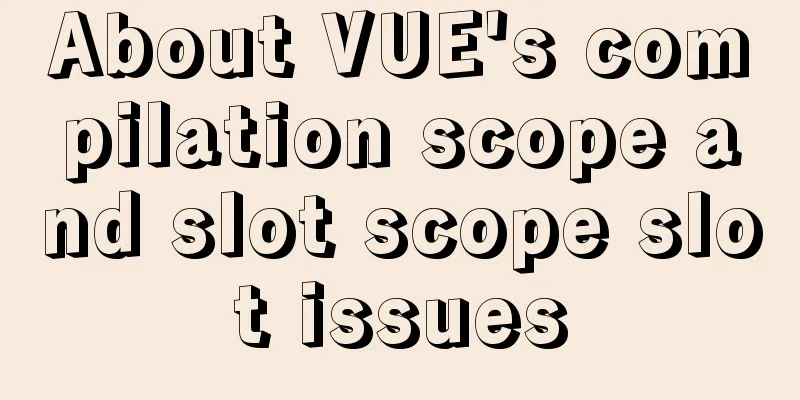Free tool to verify that HTML, CSS and RSS feeds are correct
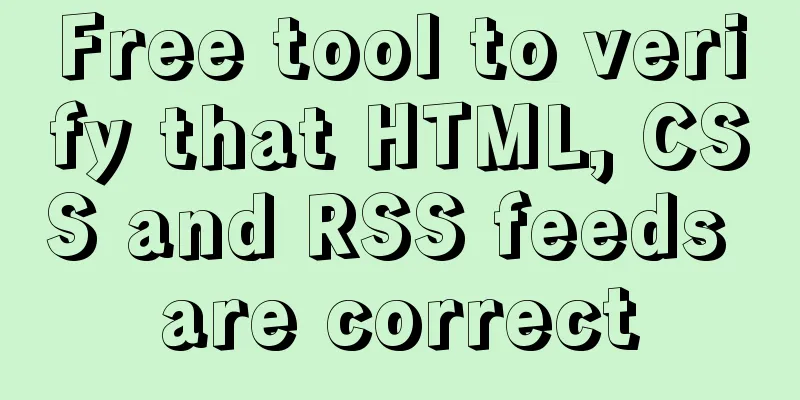
|
One trick for dealing with this type of error is to validate your markup and stylesheets first. Fortunately, there are many free tools available to verify that your HTML, CSS, and RSS feeds are correct. There is nothing more annoying than creating and decorating a web page , thinking it is perfect, only to discover that when you test it, some unknown errors appear, which are difficult to correct. One trick for dealing with this type of error is to validate your markup and stylesheets first. Fortunately, there are many free tools available to verify that your HTML, CSS, and RSS feeds are correct. With these easy-to-use tools, you can rest assured that your visitors will see exactly what you intended. We have collected 14 tools, including online tools and Firefox plugins, there is bound to be one that meets your needs. Firefox add-on CSS Validator: Provides an easy-to-use link to the W3C CSS Validator, which you can access through the right-click context menu or the Tools menu.  Firebug: Firebug is a full-featured debugger and editor with which you can develop single-page HTML, JavaScript, CSS, DOM, and more. You can also use its plugins to monitor JavaScript, CSS, and XML in real time, find possible errors in them, and learn how to fix them. As an important member of every designer's tool arsenal, Firebug is becoming more and more common, and even has its own plugins (such as SitePoint's CodeBurner reference tool).  One trick for dealing with this type of error is to validate your markup and stylesheets first. Fortunately, there are many free tools available to verify that your HTML, CSS, and RSS feeds are correct. HTML Validator: Based on Tidy and OpenSP, HTML Validator validates the pages you visit and gives a simple icon notification. The tool can give you more information, and validation errors will be highlighted when you view the source code of the page. Even better, if you can’t find what’s wrong, the plugin will give you some hints.  Page Validator: By opening the right-click context menu or selecting "Validate Page" from the Tools menu, Page Validator will open a new Tab page to display the validation results of the W3C online validation tool.  One trick for dealing with this type of error is to validate your markup and stylesheets first. Fortunately, there are many free tools available to verify that your HTML, CSS, and RSS feeds are correct. RSS Validator: RSS Validator allows you to easily check an RSS feed via the right-click context menu or by selecting the Tools menu item. It will take you to a new tab to view the results and any potential errors.  Total Validator: Total Validator gives you a ton of tools in one convenient plugin. Browse to the page you want to see and select the "TV" icon to validate various versions of HTML, spell check, screenshots, etc.  Validaty: Validaty adds a button to your toolbar, but when you click this button while browsing the page, you can see a concise visual validation result.  One trick for dealing with this type of error is to validate your markup and stylesheets first. Fortunately, there are many free tools available to verify that your HTML, CSS, and RSS feeds are correct. Web-based Validator validator.w3.org: The W3C (World Wide Web Consortium) is a group that develops standards for web technologies, so of course they have a validator that can check if your HTML is correct. The documents being checked can be online or uploaded directly, and the validator has multiple formats to display the verification report - with additional suggestions, in summary form, with additional suggestions (duplicates?), etc. If you want to check your tags, you can't go wrong by contacting the folks who dictate how tags work.  jigsaw.w3.org: The W3C also provides a CSS validation tool that can also check your markup for potential errors and warnings. Likewise, you have options for setting different CSS profiles, specifying the media for which the stylesheets are created, and controlling what information the report displays.  One trick for dealing with this type of error is to validate your markup and stylesheets first. Fortunately, there are many free tools available to verify that your HTML, CSS, and RSS feeds are correct. FeedValidator.org: FeedValidator first confirms that the RSS feed you give it is valid, then checks your latest content items and gives you an overview of the problems, highlighting the lines that have problems. Very convenient for ensuring your RSS feeds display correctly in various readers.  Relaxed.vse.cz: Relaxed does not use the official W3C specification for validation, but uses some of its own rules to validate your document. You can choose which version of HTML you are using, whether to show source code, whether to use a "dirty" browser, and several other options. It is also available as a Firefox plugin that adds these services directly to your browser.  One trick for dealing with this type of error is to validate your markup and stylesheets first. Fortunately, there are many free tools available to verify that your HTML, CSS, and RSS feeds are correct. Validome.org: Validome is like a one-stop shop for validators. This site provides various tools to check your HTML, XML, DTD-Schema, RSS, and Google Sitemaps. Each tool has a large number of options, adjust them to suit your needs.  VirtualPromote.com: VirtualPromote provides developers with a ton of tools for different tasks, but for front-end developers, the three most important are HTML, CSS, and XML validators.  One trick for dealing with this type of error is to validate your markup and stylesheets first. Fortunately, there are many free tools available to verify that your HTML, CSS, and RSS feeds are correct. xhtml-css.com: xhtml-css.com can quickly browse a site to validate HTML and CSS. The service provided includes a list of all errors and suspicious alerts that you need to pay attention to, as well as a detailed description of the nature of the problem. You can also use some more advanced options to set the HTML encoding, set the CSS scene and apply media. The site also offers a Firefox add-on called BeValid, which can help you verify the URL you are visiting more quickly.  |
<<: 5 ways to migrate Docker containers to other servers
>>: Summary of essential knowledge points for MySQL query optimization
Recommend
jQuery implements percentage scoring progress bar
This article shares the specific code of jquery t...
Summary of JavaScript JSON.stringify() usage
Table of contents 1. Usage 1. Basic usage 2. The ...
Detailed steps to install Docker 1.8 on CentOS 7
Docker supports running on the following CentOS v...
Use CSS content attr to achieve mouse hover prompt (tooltip) effect
Why do we achieve this effect? In fact, this ef...
Detailed explanation of samba + OPENldap to build a file sharing server
Here I use samba (file sharing service) v4.9.1 + ...
How to solve the problem that the software package does not exist when installing software in Linux
When the software package does not exist, it may ...
Summary of various methods of implementing article dividing line styles with CSS
This article summarizes various ways to implement...
A detailed introduction to the netstat command in Linux
Table of contents 1. Introduction 2. Output Infor...
The best way to solve the 1px border on mobile devices (recommended)
When developing for mobile devices, you often enc...
MySQL data type details
Table of contents 1. Numeric Type 1.1 Classificat...
Some notes on mysql create routine permissions
1. If the user has the create routine permission,...
Vue improves page response speed through lazy loading
Table of contents Overview What is lazy loading? ...
Detailed explanation of docker's high availability configuration
Docker Compose Docker Compose divides the managed...
Examples of importing and exporting MySQL table data
This article describes the import and export oper...
Summary of basic knowledge points of Linux group
1. Basic Introduction of Linux Group In Linux, ev...
